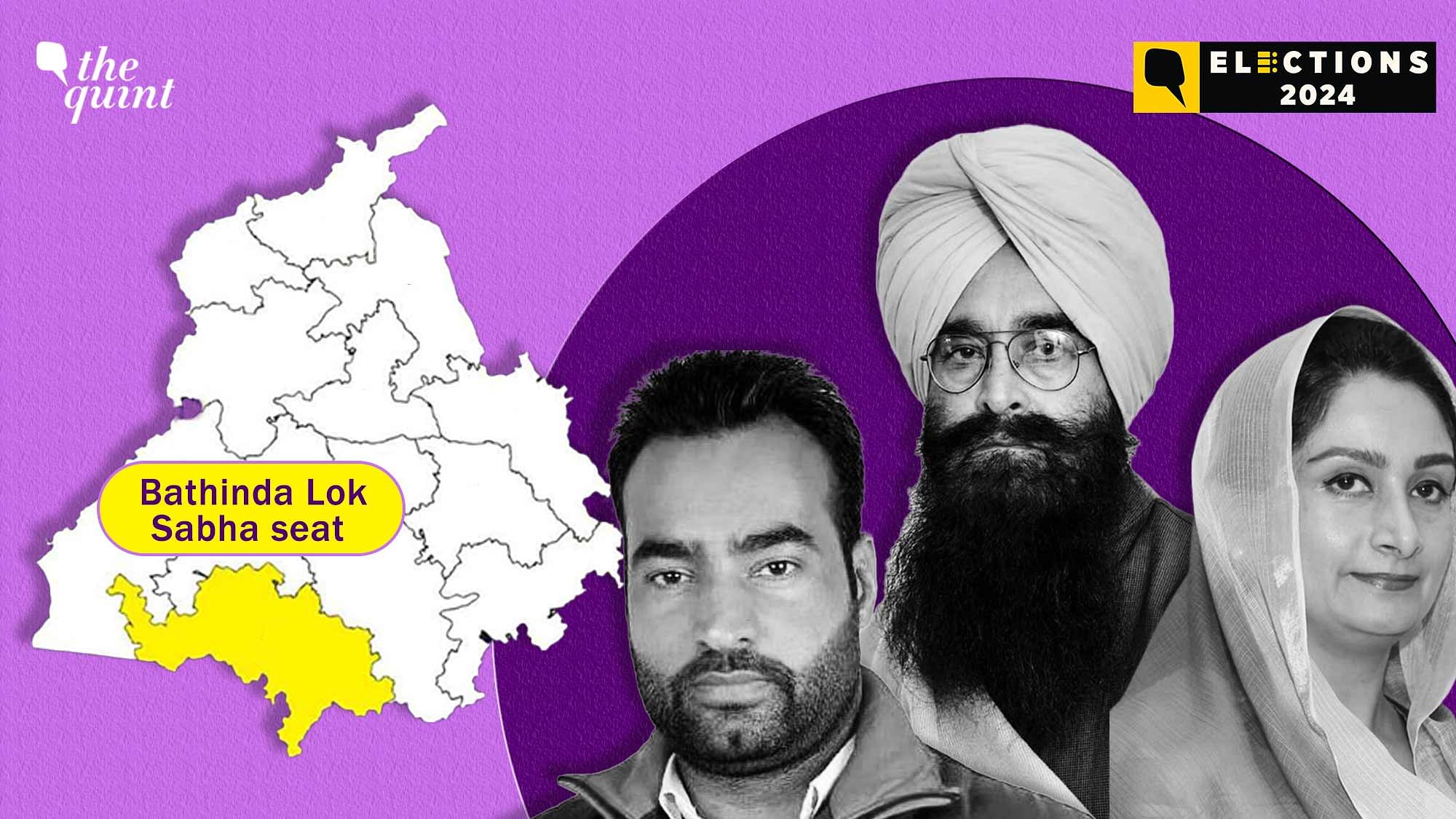On 30 April, the Australian media reported that the country has expelled two Indian spies in 2020 for trying to steal secrets about sensitive defence projects, airport security, and trade relationships.
The alleged Indian espionage operation was uncovered by the Australian Security Intelligence Organisation (ASIO) and the reports said that the Indian spies were also closely monitoring Indians living in Australia and cultivating Australian politicians.
Officially, the Australian government side-stepped the reports. Treasurer Jim Chalmers told the Australian Broadcasting Corporation (ABC) that he would not comment on "those stories”, adding that Australia had a good relationship with India and "It’s become closer in recent years as a consequence of efforts on both sides.”
Meanwhile, With Canada and India, the issue became more acrimonious and the relations have come under severe scanner.
Major Turn in the Nijjar Case
The MEA spokesperson had said back in September 2023 that Canadian Prime Minister Justin Trudeau had raised the issue with PM Modi when he met him at the G20 summit, but the PM "rejected them”. India dismissed the charge as "absurd” and accused Canada of being lax on Khalistani activity.
India has been more circumspect with the United States. For one, the US has actually issued a court indictment accusing an unnamed Indian official for being the mastermind behind the assassination plot and is also seeking the extradition of one Nikhil Gupta being held by the Czech Republic for facilitating the plot to kill Gurpatwant Singh Pannun.
The indictment said that an unnamed Indian official designated as "CC-1” was a “Senior Field Officer” with responsibility in “Security Management” and “Intelligence” and had communicated with Gupta to arrange Pannun’s murder. The official lived in India and directed the plot from there.
US Response To Report's Claim Of India's Involvement In Organised Crime
Last Tuesday, The Washington Post named the officer as one Vikram Yadav working at the time with the Research and Analysis Wing (R&AW). The report said that the operation had been approved by the then Chief of R&AW Samant Goel, and that “US spy agencies have more tentatively assessed that Modi’s National Security Adviser, Ajit Doval, was probably aware of RAW’s plans to kill Sikh activities, but officials emphasized that no smoking gun proof has emerged.”
The official spokesman of the MEA said that the report made "unwarranted and unsubstantiated imputations” on a "serious matter”. He said that the Government of India had constituted a High Level Committee “to look into the security concerns shared by the US government on networks of organised criminals, terrorists and others.”
After the Financial Times had broken the 22 November story about the US government thwarting the plot to kill Pannun and warning New Delhi on the issue, the White House said at the time that American concerns had been raised at the "senior-most levels” of the Indian government and that they expected “that anyone deemed responsible should be held accountable.”
Central Intelligence Agency (CIA) chief William Burns also visited New Delhi to raise the issue with his counterparts and, according to The Washington Post, it was also taken up by Biden with Modi during the latter’s visit to Washington DC in June.
How Can India Counter the Five Eye Pushback?
There are good reasons for the Indian obfuscation with Washington:
That the US has actually issued an indictment naming Gupta, and this can, at any time in the future, also rope in Yadav and others.
Messing with Uncle Sam is serious business. Ask the Israelis. In the early 1980s, they suborned an American intelligence officer to provide them with a vast trove of secrets. He was arrested and the Israelis formally apologised for their action. But the US kept Pollard in jail for 30 years, after which he was allowed to emigrate to Israel.
In the world of intelligence, the Five Eyes countries, US, UK, Australia, Canada and New Zealand, have a unique relationship. They share the kind of secret information that they would not share with any other country. Indeed, so close are the ties, that the officers of the intelligence service of one country may have often seconded to work with the others.
The one issue it does need to get right is the need for competence and appropriate field craft. Operating through criminal middlemen allows plausible deniability, but at the same time can prove to be a weak link.
The Pannun plot seems to have been somewhat ham-handed on this issue. External Affairs Minister S Jaishankar had told the Canadians that actions like the Nijjar assassination "is not the government of India policy.”
There is an argument that can be made that national interest trumps all other considerations. True, but in the cases outlined above, it is difficult to argue that.
The target of the actions seem to be the Khalistan movement which has no traction in India anymore and remains a sentiment that is more visible in the diaspora communities. The Pakistan killings are in a category of their own since they are part of the ongoing covert war between India and Pakistan, though one may wonder why Paramjit Singh Panjwar, a Khalistani terrorist of the 1980s and 90s was targeted only last May.
(The writer is a Distinguished Fellow, Observer Research Foundation, New Delhi. This is an opinion article and the views expressed above are the author’s own. The Quint neither endorses nor is responsible for them.)
(At The Quint, we are answerable only to our audience. Play an active role in shaping our journalism by becoming a member. Because the truth is worth it.)

 1 week ago
114
1 week ago
114



